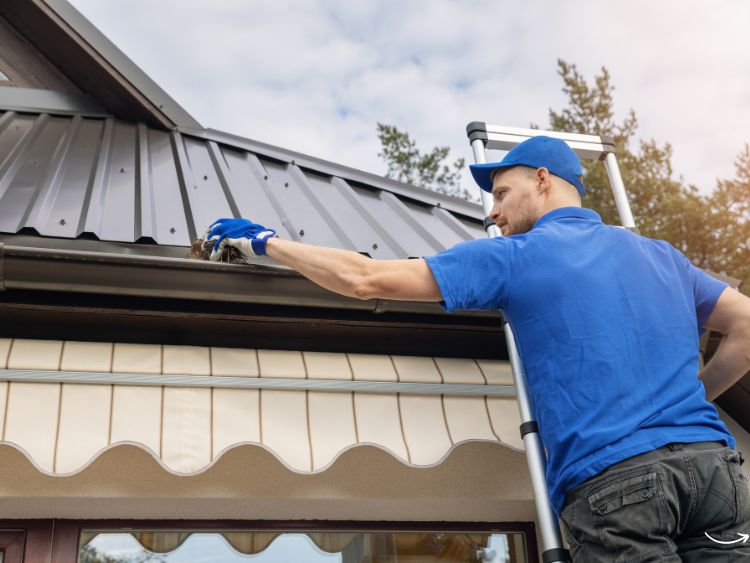When it comes to maintaining the integrity of your commercial building, few elements play a more critical role than the roof. Serving as the first line of defense against the elements, a well-maintained roof is indispensable. In this detailed guide, we’ll dive deep into the world of commercial roof repair, offering you expert insights, tips, and solutions to keep your property in top shape.
Have you ever walked into a business and noticed a bucket catching drips from the ceiling? That’s a clear sign of a roof in distress. Commercial roof repair isn’t just about stopping leaks; it’s about extending the life of your investment and ensuring the safety and comfort of those who use the building. But where do you start? What should you expect? This guide will navigate you through the maze of options and considerations, ensuring you’re well-prepared to tackle roof repairs head-on.
Understanding Commercial Roof Repair
The Importance of Timely Repairs
Let’s cut to the chase: delaying roof repairs can be costly. Water damage doesn’t pull its punches, and the longer you wait, the more severe the damage can become. Here’s why prompt attention to roof issues is crucial:
- Preventing Further Damage: A small leak can quickly escalate, affecting underlying structures such as beams and insulation.
- Cost Savings: Addressing issues promptly can prevent more extensive, and expensive, repairs later.
- Safety: A compromised roof can be a safety hazard to occupants and can severely impact business operations.
Common Types of Commercial Roofs and Their Challenges
Commercial roofs come in various types, each with its unique set of challenges:
- Flat Roofs: Prone to water pooling, these require regular inspection and maintenance.
- Metal Roofs: While durable, they can be susceptible to corrosion and thermal expansion.
- Tile Roofs: Aesthetically pleasing but can be fragile and prone to cracking.
Understanding the specific needs of your roof type is the first step in effective maintenance and repair.
Planning Your Repair Strategy
Conducting a Roof Inspection
Don’t know what you’re dealing with? Start with a thorough inspection. Here’s how:
- Hire a Professional: A certified roofer can provide a comprehensive assessment.
- Check for Visible Signs of Damage: Look for cracked tiles, corroded metal, or blisters on bitumen.
Choosing the Right Repair Solutions
Once you’ve pinned down the issues, it’s time to talk solutions. Whether it’s resealing and coating, replacing sections, or overhauling the drainage system, choosing the right approach is key to a lasting repair.
Budget Considerations
Let’s talk turkey—repairs can be expensive. But, with smart planning and budgeting, you can manage costs without compromising on quality. Get multiple quotes, understand the pricing, and ensure you’re investing wisely.
DIY vs. Professional Repairs
Here’s the scoop: some minor repairs can be DIY projects, but when it comes to major issues, it’s best to call in the pros. They’ve got the tools, the skills, and the know-how to handle complex repairs safely and effectively.
Preventative Maintenance
An ounce of prevention is worth a pound of cure. Regular maintenance can head off many problems before they escalate. Here’s what routine maintenance should include:
- Regular Inspections: Twice a year is a good rule of thumb.
- Immediate Action on Minor Repairs: Don’t let small issues become big problems.
- Proper Drainage: Ensure your roof’s drainage system is free of debris.
FAQs
Q: How often should a commercial roof be inspected? A: Ideally, inspect your roof bi-annually and after major storms.
Q: Can I perform repairs myself? A: For small fixes, yes. But for major repairs, it’s safer and more cost-effective to hire a professional.
Q: What is the life expectancy of a commercial roof? A: Depending on the material, commercial roofs can last from 15 to 50 years.
Summary
In the bustling world of business, don’t let a bad roof rain on your parade. Understanding the ins and outs of commercial roof repair is key to maintaining a safe and sturdy establishment. Whether you opt for professional help or take on minor repairs yourself.

